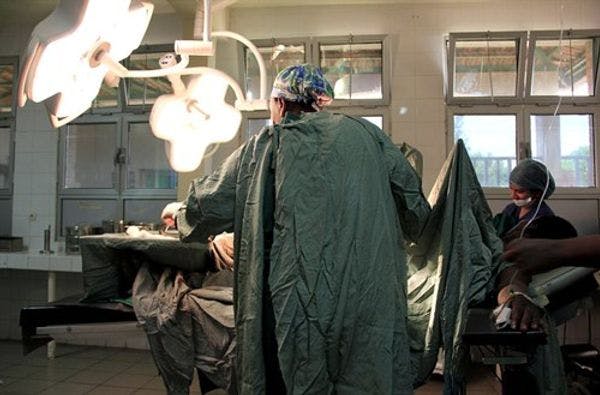Le mouvement international pour préserver l’accès à la kétamine et susciter une prise de conscience sur les disparités mondiales dans l’accès aux médicaments contrôlés
Au cours des 3 dernières années, la communauté médicale s’est unie pour s’opposer aux tentatives visant à placer la kétamine, un médicament indispensable pour l’anesthésie et le soulagement de la douleur, sous le contrôle international restrictif. Pour en savoir plus, en anglais, veuillez lire les informations ci-dessous.
Abonnez-vous à l'Alerte mensuelle de l'IDPC pour recevoir des informations relatives à la politique des drogues.
In many parts of the world, ketamine is a lifeline for patients who need surgery for obstetric emergencies, traumatic injuries, and many other medical conditions. Published data from some surgical programs shows that close to half of all surgeries may be performed using a ketamine anesthetic, allowing patients to breathe spontaneously while receiving a general anesthetic without the need for endotracheal intubation. Reducing access to ketamine would be disastrous for access to safe surgery, and the World Health Organization has rightly warned that doing so would create a public health crisis in countries where no affordable alternatives exist.
Ketamine is but the latest collateral damage of the failed war on drugs. Responding to domestic concerns of misuse, the Chinese government, in 2015, notified the Commission on Narcotic Drugs that it intended to propose placing ketamine under Schedule I of the 1971 Convention on Psychotropic Substances. Schedule I requires the strictest of controls to be placed on substances – including medicines – listed within it, and is reserved for substances for which there is little to no medical or therapeutic value. This is clearly inappropriate for a medicine considered essential by the World Health Organization that millions, possibly billions, of people depend on for access to safe surgery. In response to the international pressure from medical, veterinary (ketamine is widely used in veterinary anesthesia), and human rights organizations, China amended its scheduling proposal to Schedule IV, which represents the least strict of the schedules.
Click here to read the full article.
Keep up-to-date with drug policy developments by subscribing to the IDPC Monthly Alert.
Thumbnail: idhdp.com
Sujets
Profils associés
- International Doctors for Healthy Drug Policies (IDHDP)
